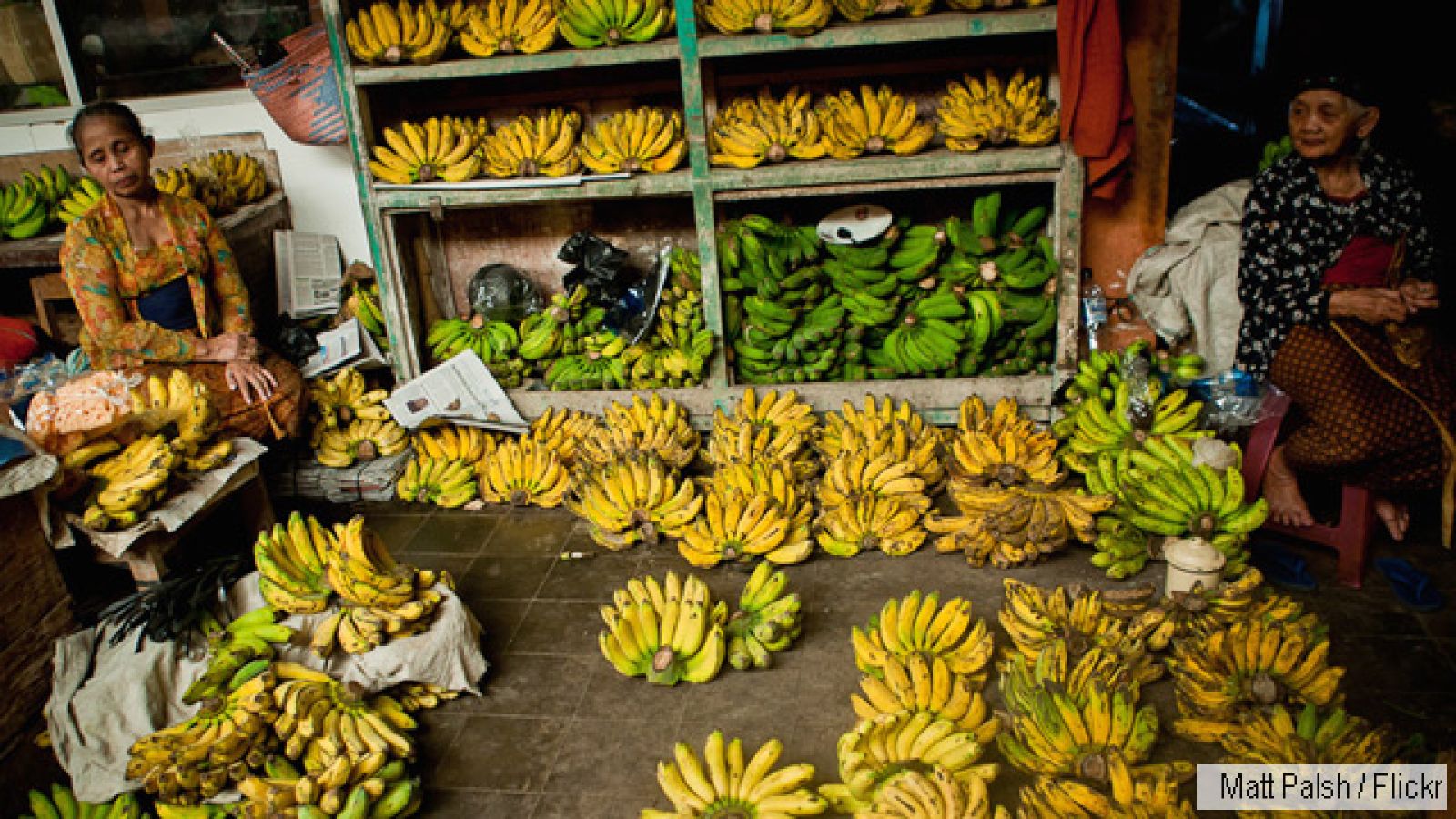ANU demographers win ARC grant to study elderly Indonesian villagers' needs

Dr Utomo and Prof. McDonald have interviewed more than 800 villagers for their study.
Two demographers from The Australian National University (ANU) who regularly advise the Indonesian government have won a major research grant to study the needs of elderly people in the archipelago’s villages.
Dr Iwu Dwisetyani Utomo and Professor Peter McDonald’s findings will be published in a series of papers to be presented to the Indonesian National Development Planning Board (BAPPENAS) and help fill a gap in Indonesian policymaking.
While studies of this kind are common in countries including China and Thailand, Peter says it has not been attempted before in Indonesia.
“We’d like to get in on the ground floor with some evidence-based research and give them some ideas.”
The collaborators belong to the ARC Centre of Excellence in Population Ageing Research and have responsibility for studying Asia. Iwu works in the School of Demography while Peter formerly headed the ANU demography programme and is now in the Crawford School of Public Policy.
Iwu and Peter’s latest project builds on their unrelated, ongoing Transition to Adulthood in Indonesia project involving random samples of young people (20-34 years old) in Greater Jakarta – the destination for many young Indonesians who leave their parents behind in villages.
“There are then questions of how their needs are met, are their needs met, what role does the government play, what role do the families themselves play, do they send money back,” Peter says.
The researchers chose villages to see the environment in which residents live, the types of economies, health care and community support systems. Migration to Jakarta is so common the capital hosts village associations, whose members meet regularly and remit money. Iwu and Peter used village association web sites, Google maps and Indonesian Census data of 230 million people to help plan their interviews.
Almost 800 people have been interviewed so far in three villages in Java and West Sumatra, and 83 of their children in Jakarta.
Interviewing elderly villagers was a faster and easier process than the young adults project as the latter were constantly mobile and lacked time for interview, Iwu says.
“If a respondent has not been interviewed, when we had a meeting in the village, they’d say ‘I haven’t been interviewed yet, don’t forget about me’,” Iwu recalls, laughing.
“It’s rewarding studying in the villages, because villagers feel directly that our research will benefit them.”
Iwu and Peter partnered with colleagues from Andalas University in West Sumatra for part of their study. The researchers hope to assess eight to 10 more villages in different parts of Indonesia in the second half of 2016.
“Some of those are also going to be done and funded by other Indonesian universities,” Peter says.
“They’re quite interested in associating with us because we bring some skills to them and they bring some skills, and local knowledge in particular, and we can work together on joint papers.
“We hope we can get the odd student who’s associated with it to come here.”
ANU PhD student, Aliza Hunt, is working with Peter and Iwu on the $427,000 project to measure villagers’ mental health needs. Muhammad Absor, a PhD Candidate from the School of Demography will focus on how the state, community and family relates to elderly living in villages.
After the Indonesia project, the demographers hope to conduct similar studies in Vietnam and Iran.